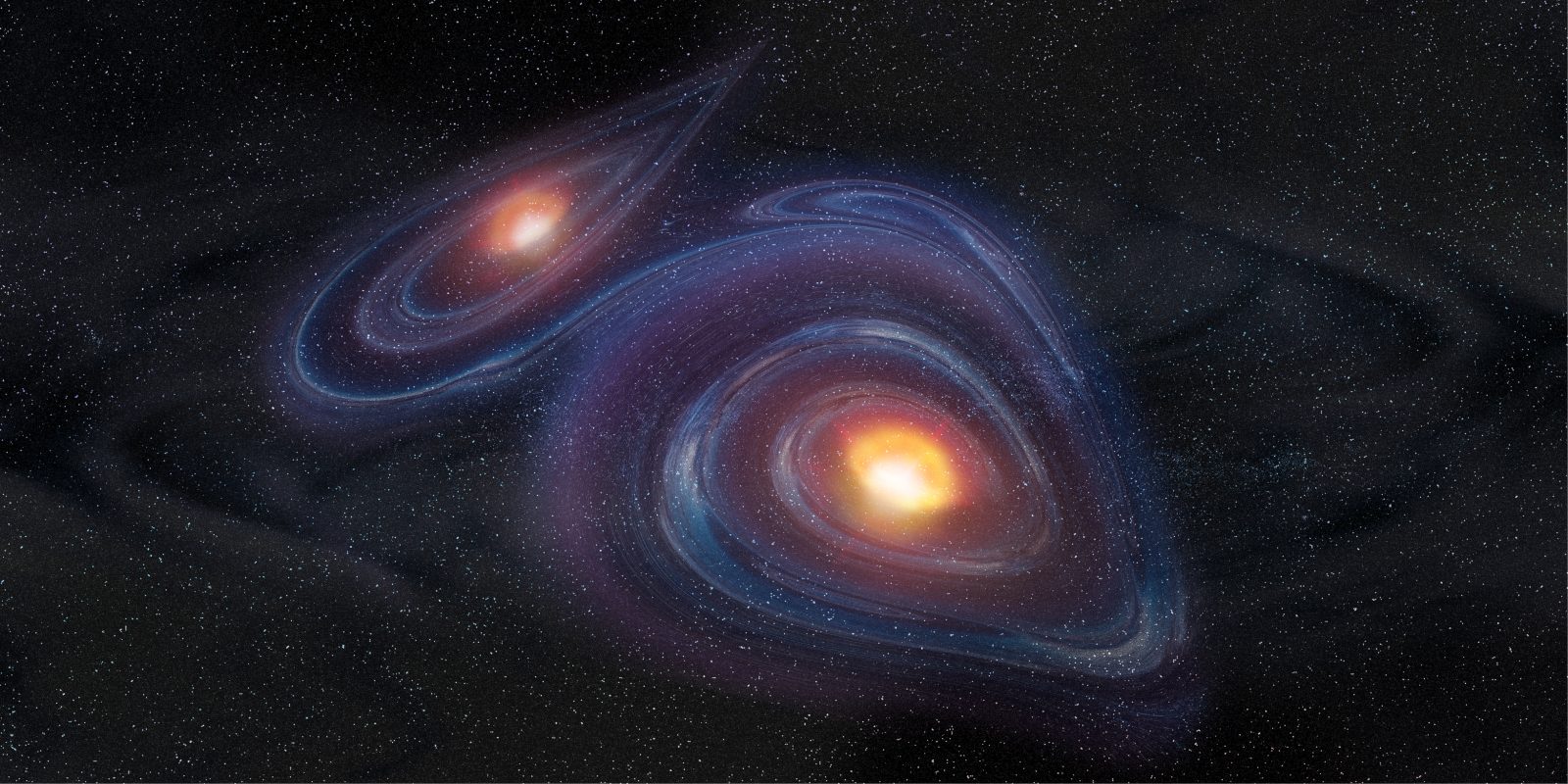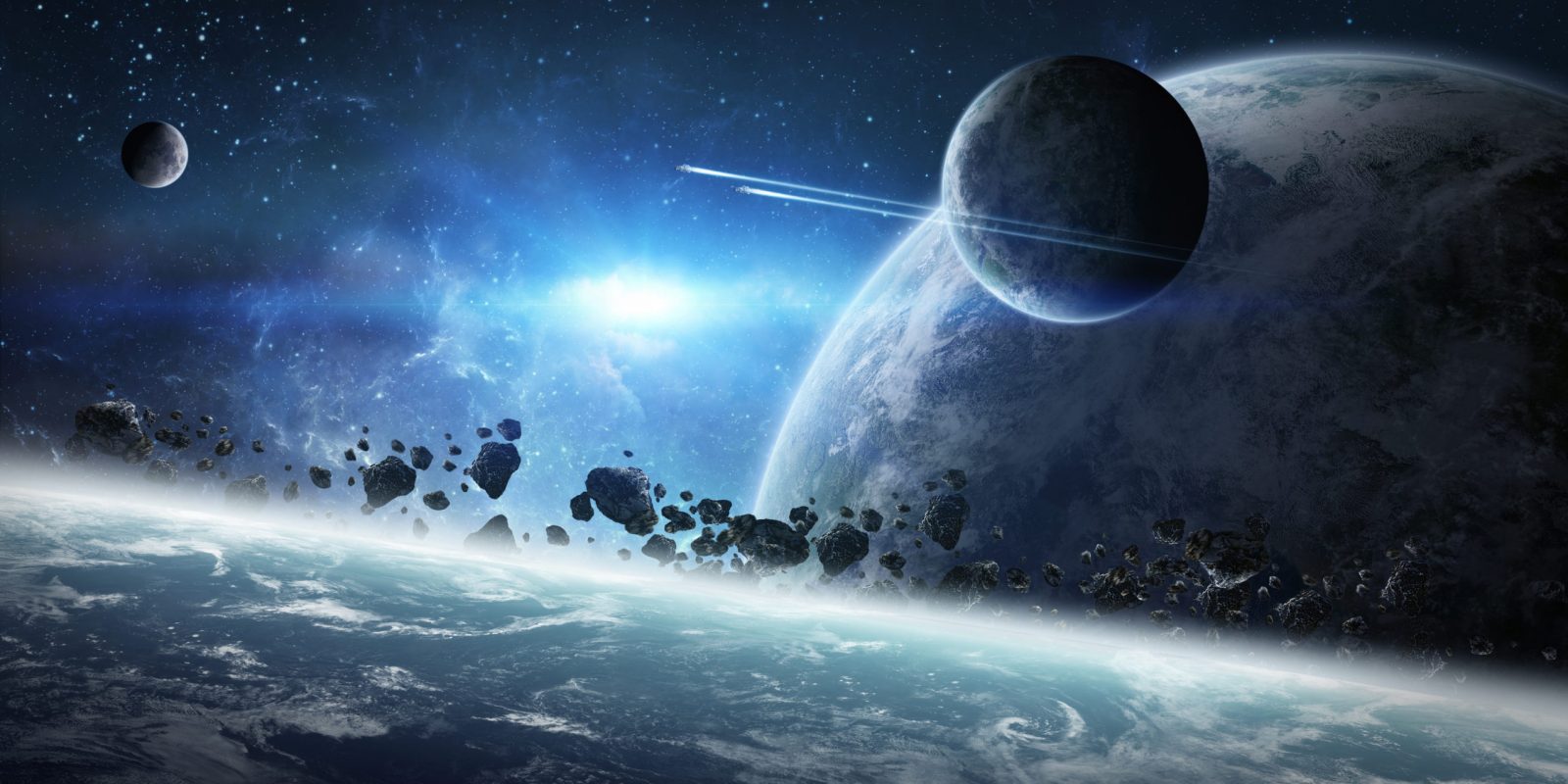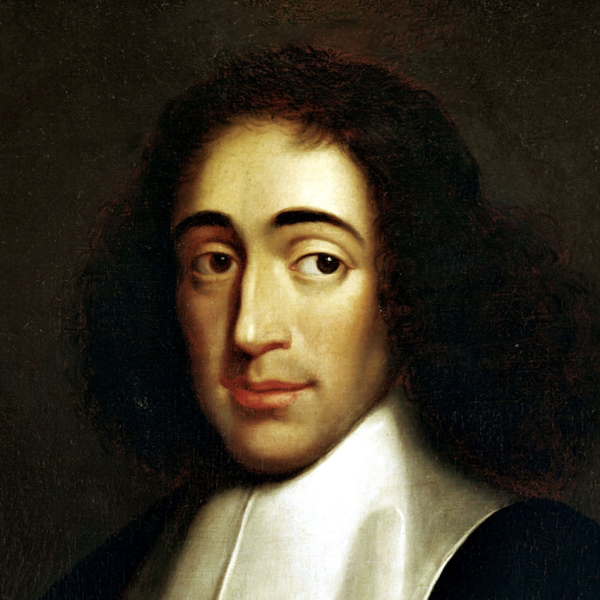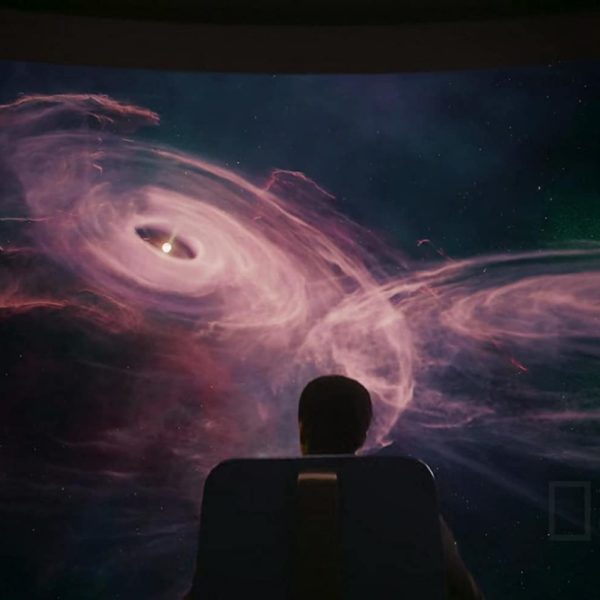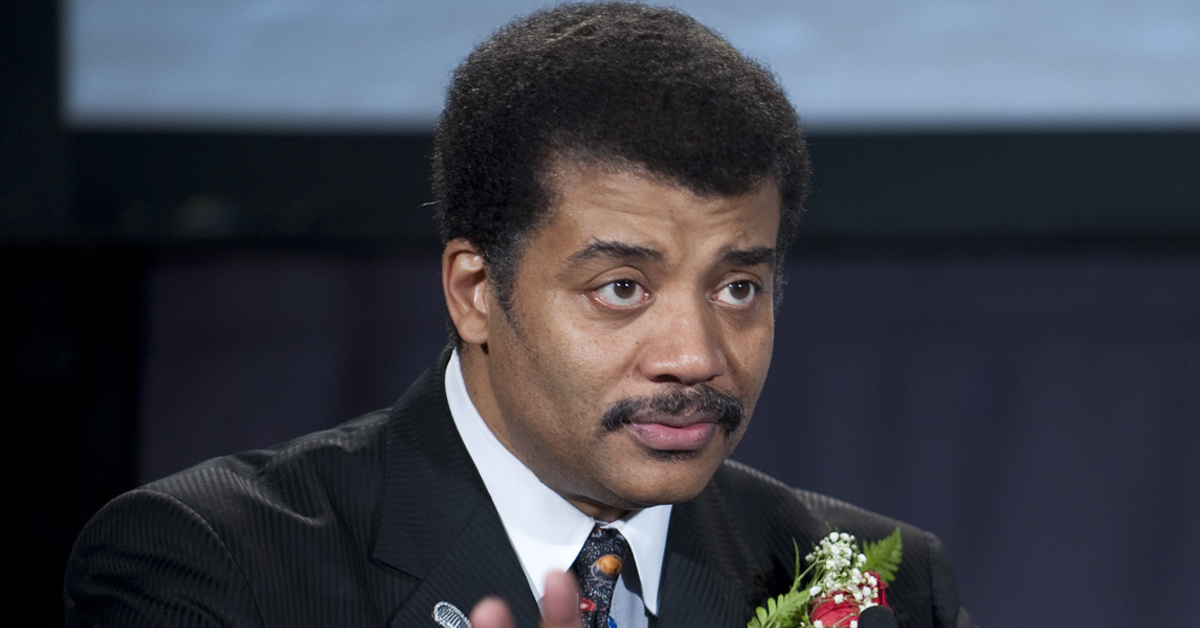
The Schizophrenic Mythology of Cosmos: Possible Worlds
On this episode of ID the Future, host Jay Richards concludes his multi-episode conversation with science historian Michael Keas about the 2020 National Geographic series Cosmos: Possible Worlds. The two discuss a schizophrenia at the heart of the series–dour atheistic materialism one moment and gauzy, feel-good pantheism the next. Richards and Keas agree that if there’s one good thing to come of the series’ final episode,it’s that it brings the pantheistic religious mythology of the Cosmos franchise into the open. Everything comes together in a message that includes a creation myth, a story of sin (ecological sin), a salvation story, and even resurrection and ascension. Keas, author of Unbelievable: 7 Myths About the History and Future of Science and Religion, Read More ›



